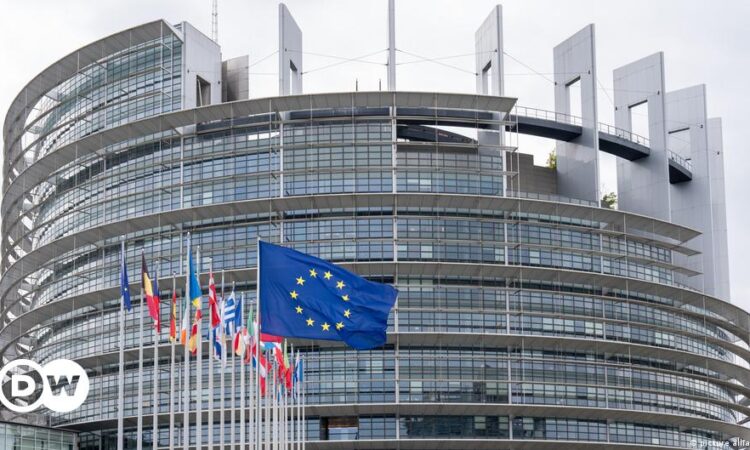
The European Union on Thursday struck an agreement to beef up provisions to tackle money laundering in the bloc, including in cyptocurrency.
The new measures range from strengthening the scope of institutions to monitor dirty money in member states to determing the scope of an EU-wide anti-money laundering body. European Anti-Money Laundering Authority (AMLA).
All provisions are part of an EU package to strengthen anti-money laundering at the national level so they can be applied in all member states, as a press officer explained.
According to the EU, money laundering and terrorist financing pose a serious threat to the integrity of the EU economy and financial system and the security of its citizens.
Europol estimated in 2021 that around 1% of the EU’s annual Gross Domestic Product is ‘detected as being involved in suspect financial activity’.
Crypto under purview
Crypto-asset providers will be required to perform due diligience on their customers and report suspicious activites. They will have to be similarly diligent when carrying out transactions amounting to €1,000 ($1,085) or more.
Traders of luxury goods like precious metals or cars and yachts will also come under the purview of provisions.
Football clubs and agents are set be included, as part of an expanded number of bodies that are to apply an EU-wide regulation on cracking down on money laundering.
This means a growing number of institutions, and not just banks and real-estate agenices and casinos, which have a central role in detecting financial discrepancies, are subjected to new EU regulation.
Cash payments restricted
Additionally, an EU-wide maximum limit of €10.000 has also been set for cash payments, which will make it harder for criminals to launder dirty money. Member states will have the flexibility to impose a lower maximum limit if they wish.
Financial intelligence units in member states, which function as an intermediary between private entities subject to anti-money laundering regulations and law enforcement agencies, will be given more power to detect suspicious activities and suspend transactions, accounts and business relationship.
The provisions need to be formally adopted by the European Parliament and Council before they can come into force.






